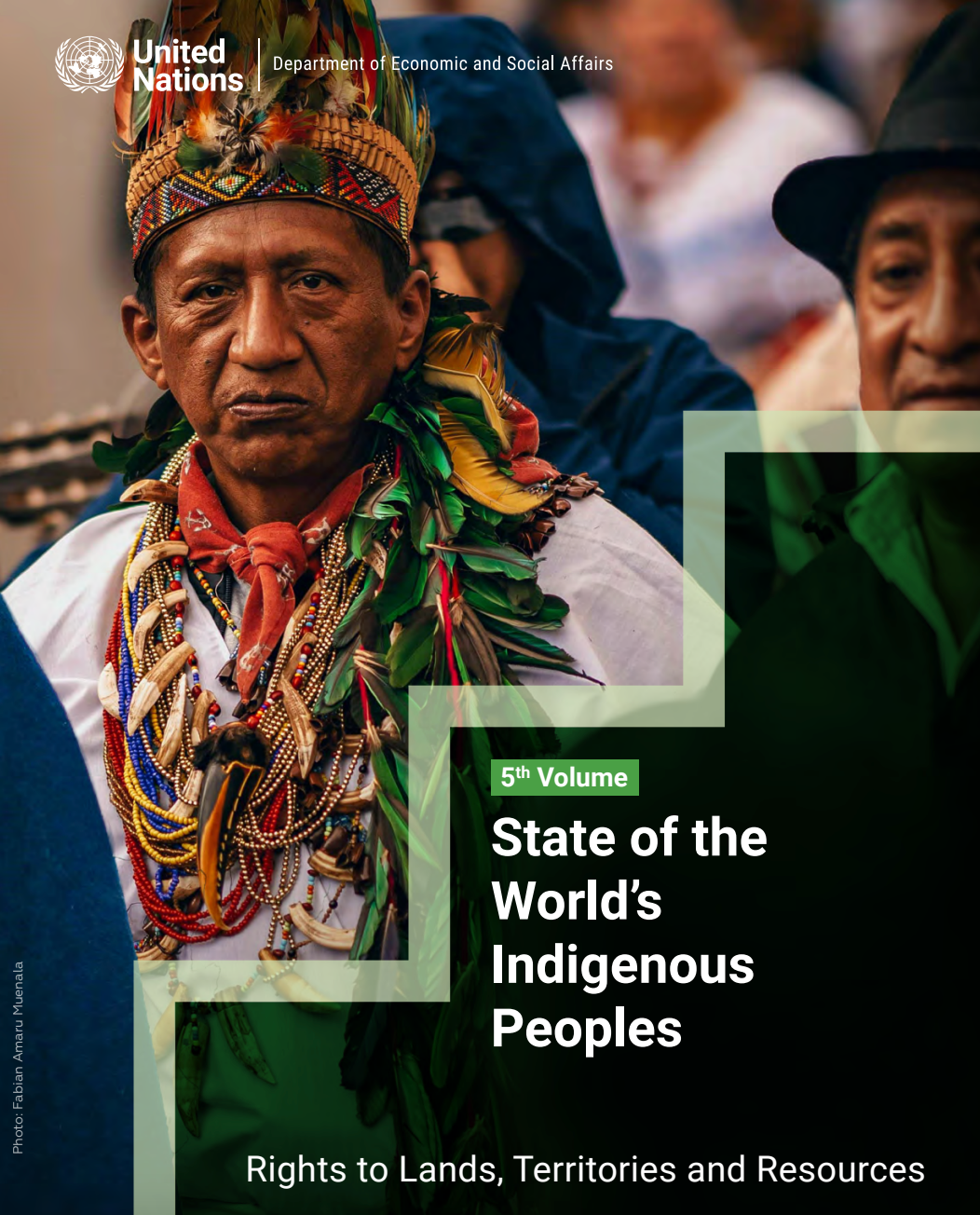Publications
Displaying 161 - 170 of 754
UN General Assembly Reports on Social Development |
The report contains a review of the actions taken by cooperatives to respond to the coronavirus disease (COVID-19) pandemic and the opportunities for achieving sustainable development through cooperatives. The thematic section of the report covers legislative frameworks, including how in successive resolutions on cooperatives in social development, including 74/119, the Assembly has called on Governments to adopt laws or regulations that create an enabling environment for the development of cooperatives and that take into account the values-based identity of cooperatives. In addition, in its resolution 64/136, the Assembly declared 2012 the International Year of Cooperatives, and in…
UN ECOSOC Reports on Social Development |
UN ECOSOC Reports on Social Development |
UN ECOSOC Reports on Social Development |
UN ECOSOC Reports on Social Development |
Flagship Reports |
Indigenous peoples’ relationship to their lands, territories and resources is at the heart of their identity, well-being and culture. Preservation of the environment, transmitted through traditional knowledge passed down through generations, is at the centre of their existence. As the world is increasingly recognizing the negative impacts of climate change and environmental degradation on health, food security and overall peace and security, the importance of indigenous knowledge and territorial rights is beginning to be more fully acknowledged by society at large.
The 2030 Agenda for Sustainable Development offers further opportunities to promote the rights of indigenous peoples to lands…
 Welcome to the United Nations
Welcome to the United Nations
